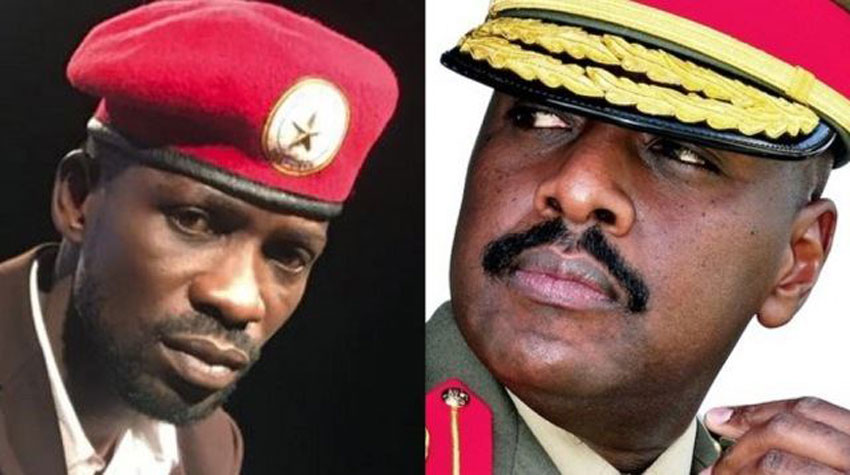Saturday and Sunday are the worst days for today’s politicians. They are days when politicians “must account” for the votes and support they received from the electorates. Fundraising functions for local churches are common, while support for hospitals, community roads, or schools is rare. Often, politicians find themselves attending multiple fundraising events as Guest of Honors in a single day.
The organizers of these fundraising events, whom we can call “planners” or “fundraising mercenaries,” are tactical. They often invite political rivals of the sitting politician to put them in an uncomfortable position. The politician is then compelled to empty his pockets and exhaust all his savings to prove that the electorates did not make a loss by voting him into office. This cycle repeats almost every weekend, from January to December, until these politicians are voted out of office, especially when a new highest bidder for these functions emerges.
Why should the government take a keen interest in this case? We will see the consequences in the future when members of parliament or politicians who raise enough contributions for these fundraisings, often referred to as “splashing money,” are elected into office. Where are these individuals getting all this money to splash every weekend? Some might argue that some are staggeringly wealthy or very hard-working, but this unending flow of cash raises questions.
Is this money coming from moneylenders? The Speaker of Parliament, Anita Annet Among, recently issued a stern warning to moneylenders, threatening to cancel the Memorandums of Understanding (MoUs) signed between parliament and some moneylenders. This decision came in response to reports of moneylenders harassing MPs with exorbitant interest rates. Among expressed concern over MPs frequently ending up in court due to these harsh conditions and demanded that the moneylenders behave appropriately.
Maybe, our MPs are running to moneylenders because fundraising functions are squeezing them. But wherever these individuals are getting money from, it is not serving our country’s best interests. To rid ourselves of corruption, it would be imperative for the government to closely monitor these fundraising functions.
Some fundraisers have discovered a goldmine in the form of politicians willing to splash money to gain voters’ confidence. If this practice were to be stopped or regulated, it would benefit both politicians and Ugandan communities by reducing corruption.
In the future, electorates may choose leaders not based on their financial status, but rather on their abilities to represent them effectively. If fundraising functions were regulated, politicians could have the opportunity to focus on discussing issues that truly matter – the concerns of their communities. Perhaps the money siphoned off for fundraising could instead be invested in building good roads, hospitals, and schools, addressing the pressing needs of Ugandans.
A new generation of leaders might emerge, valuing leadership as a service, not merely a money-making venture. With regulated fundraising events, the electorates could witness the true essence of their leaders beyond the facade of money splashing. A more level playing field for political candidates would be established, encouraging diverse and qualified individuals to run for office. This would be a welcome change, as some politicians seem to have nothing to offer their electorates other than appearances at fundraisings and rounds of beer at local bars.
The writer is the LC5 Male youth councillor for Rubanda District.
Do you have a story in your community or an opinion to share with us: Email us at editorial@watchdoguganda.com












